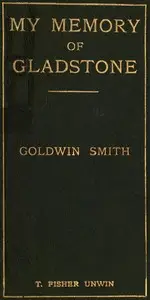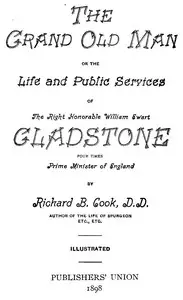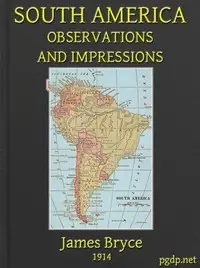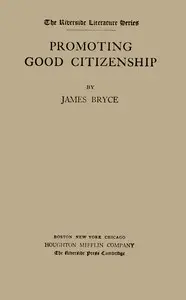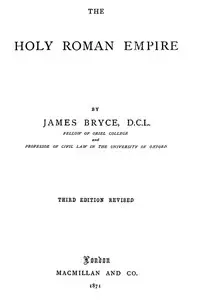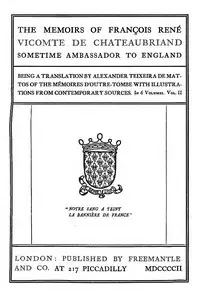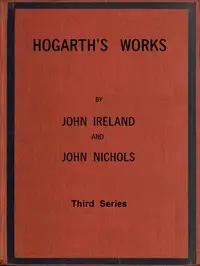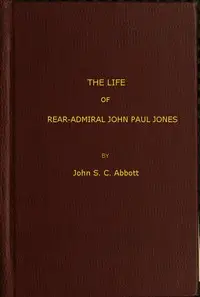"William Ewart Gladstone" by Viscount James Bryce is a biographical account created in the early 1900s that examines the life and extensive political journey of William Ewart Gladstone, a key British leader who served as Prime Minister several times during the late 1800s. The book looks at the complexities of Gladstone's personality and his accomplishments as both a person and a political figure, shining a light on his impact on British politics and society. It follows Gladstone’s transformation from someone with conservative views to a leader of the Liberal party, highlighting his important changes to areas like finance, the structure of Parliament, and policy regarding Ireland. Gladstone is shown as a complicated person, often struggling between different beliefs, and the book underlines his talent for public speaking and his strong desire for social fairness, especially his support for Irish self-government. Bryce's biography presents a close look at a man whose sharp mind, moral beliefs, and political methods greatly influenced Britain and its way of governing.

William Ewart Gladstone
By James Bryce Bryce
Witness the compelling story of one of Britain's most influential prime ministers, whose journey through politics was marked by transformative reforms and a passionate pursuit of social justice.
Summary
About the AuthorJames Bryce, 1st Viscount Bryce,, was a British academic, jurist, historian, and Liberal politician. According to Keoth Robbins, he was a widely traveled authority on law, government, and history whose expertise led to high political offices culminating with his successful role as ambassador to the United States, 1907–13. In that era, he represented the interests of the vast British Empire to the United States. His intellectual influence was greatest in The American Commonwealth (1888), an in-depth study of American politics that shaped the understanding of America in Britain and in the United States as well.
James Bryce, 1st Viscount Bryce,, was a British academic, jurist, historian, and Liberal politician. According to Keoth Robbins, he was a widely traveled authority on law, government, and history whose expertise led to high political offices culminating with his successful role as ambassador to the United States, 1907–13. In that era, he represented the interests of the vast British Empire to the United States. His intellectual influence was greatest in The American Commonwealth (1888), an in-depth study of American politics that shaped the understanding of America in Britain and in the United States as well.

